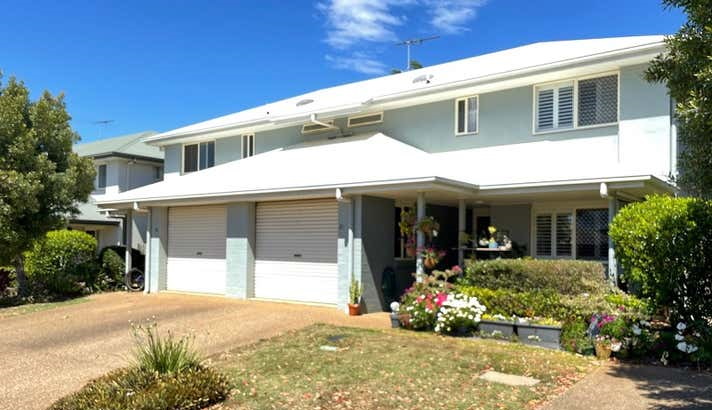Use These 6 Tips to Save For A House
- Written by NewsServices.com

It's essential always to have a plan for the future to make your life easier. One of the most stressful things people experiences is planning for a project to buy a home. There are many expenses involved when buying a home that you need to be aware of. Further, you don't want to start a project and get stuck in the middle due to insufficient funds.
One way to prepare for such a project is to consider saving early, even before the project commences. You can buy the raw materials slowly within a limited time and resources. This Article will explore Tips to Save for a house.
-
Decide on the Amount You Can Afford
When planning to buy a house, irrespective of the features you might want your house to have, it's not worth it if you can't afford it. You don't want to be late on your mortgage payment. Late payments can accumulate to the point where you can't afford your mortgage again. It can be repossessed when planning for your finances. Always ensure the monthly mortgage payment does not exceed 28% of your annual income divided by 12. You can consider real estate in Wyndham Vale from Frasers Property for better deals. Here you will be advised on the best option to watch that will match your budget without straining much.
-
Consider the Additional Payment You Need to Make
Most people are often excited when they see they can afford the monthly payment forgetting the additional expenses such as mortgage insurance, property taxes, homeowner association fees, and homeowner insurance. Additionally, you need to factor in the costs of utilities such as gas, water, electricity, internet services, TV cable, and trash pickups. If not well calculated and budgeted, you might not afford to live in the home. Further, if you are purchasing an older house, you need to consider the maintenance amount for things such as insulation which might result in higher cooling and heating bills.
-
Don't Take Any Loan Research First
The excitement that you are going to be a homeowner can be confusing, and you might be tempted to take any loan available to you. If you take conventional mortgage loans, you are expected to have a good credit score and can pay up to 3% of the price of the home. Additionally, your lender might expect you to pay private mortgage insurance if you pay less than 5 %. Other borrowers who need consistency and stability can choose a fixed-rate loan with the same monthly payments. Knowing the type of loan you can handle and make times payments will help you avoid penalties and increased interest rates.
-
Make Sure You Can Manage Your Debt
When you have the urge to buy a house, start by paying off your debts rather than saving for the down payments of the house. The logic behind this is that paying off your debts gives you more room in your budget for a monthly mortgage payment. Additionally, paying your debts on time will help boost your credit score, which can help you get a better interest rate for the mortgage. It's important to note that when you have a good credit score, the interest rates are lower than when you have a bad credit score.
Final Words!
It's important to look for ways to save money by cutting expenses. This helps ensure you have the right amount for your down payment and can pay your monthly mortgage without a problem.













